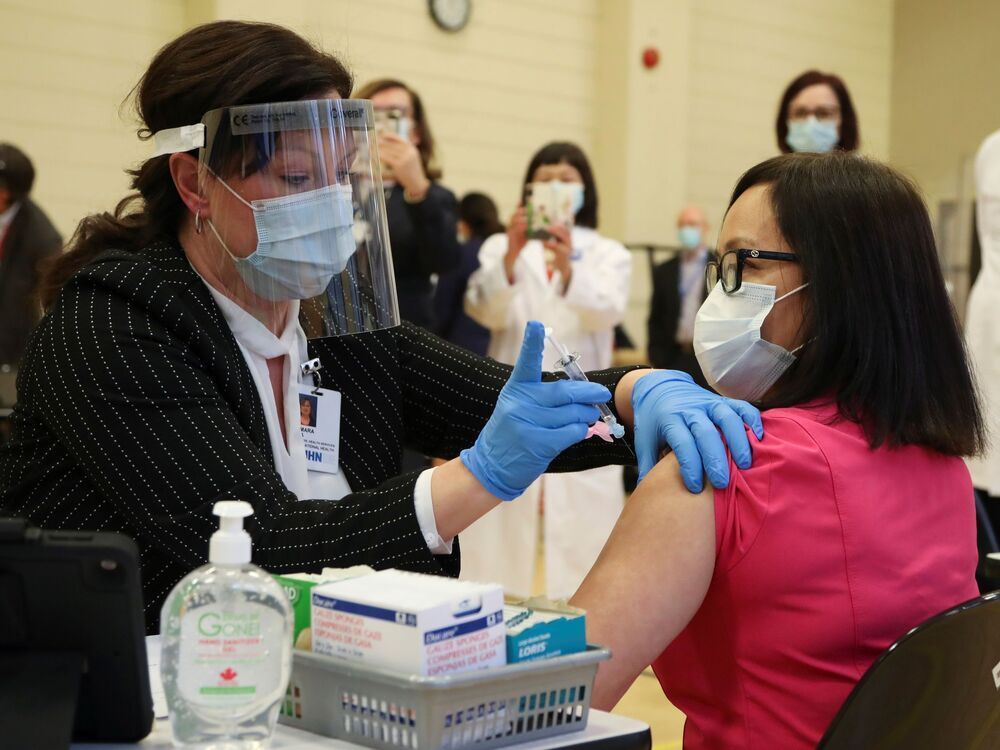but is using the influence of the famous or pretty flowers keys to an effective vaccine campaign strategy? many use classic communications
methods: educational fact sheets, trusted information sources, personalized messages, and even a little fear mongering. but recent studies show that one of the strongest vaccine motivations may be altruism.
caring for your fellow humansprofessor mark rieger of the university of tier in germany
found that participants were more willing to be vaccinated if it reduced danger to vulnerable individuals, rather than reduce risk or inconvenience to themselves. in fact, altruism was more than twice as effective as the other interventions at increasing vaccination willingness. rieger was surprised, but “the result was very clear,” he says.while this study is limited to vaccination intentions — not actual follow-through, it suggests that protecting others may be a powerful motivation to vaccinate. this theory lines up with findings from philadelphia researchers who
discovered that over 80 per cent of covid distress is due to concern for family members or unknowingly infecting others — not one’s own risk of infection.an italian study also
found that the simple presence of an immuno-suppressed individual, a newborn, or a pregnant woman increased the likelihood of vaccination acceptance. this supports the theory that triggering protective instincts may be an effective campaign approach. but the need to keep others out of harm’s way is more than just a reflection of one’s moral beliefs — it also makes us feel good.altruism is so hard-wired in our brains that even anonymous donations
activate the mesolimbic reward pathway, a part of the brain that usually responds to food and sex, suggesting that caring for others is not a high-level moral faculty, but rather a basic pleasure.this may explain why many vaccine campaigns are using altruistic language. just one of the
posters recommended for healthcare facilities by the centers for disease control and prevention states: “why get vaccinated? to protect yourself, your coworkers, your patients, your family, and your community.”in its covid-19 vaccination communication
manual, the national institutes of health (nih) recommends focusing on the “protector” role because this positive message promotes emotions like hope and self-worth, whereas communications targeting negative emotions like fear could induce avoidance behaviour.“the tricky thing with the covid vaccine is there are lots of different kinds of vulnerability,” says alison buttenheim, a behavioural scientist at the university of pennsylvania school of nursing. “people are experiencing health risks, but also economic risk and mental health risk from staying at home, and protecting others may look different depending on personal situation, reference groups, or even political orientation. those kinds of messages will work well for some people, but not for all people.”more hesitant communities may need a more localized approach. lois privor-dumm, the director of adult vaccines at johns hopkins’ international vaccine access center, organizes conversations with people in baltimore who have reservations about the vaccine. while she emphasizes that there is no one-size-fits-all approach, the first step is to build trust.“people have felt wronged for a long time,” she says. “and so in a lot of cases, the thing that we need to recognize is that conversations around vaccines may not have anything to do with vaccines.”particularly among people of colour, the covid vaccine may trigger trust issues related to negative medical experiences and a long history of racial injustice. “they don’t want to be guinea pigs, but they also don’t want to be left at the last of the line,” she says. “for this population, immunization is an extended process with no shortcuts.”
buttenheim also warns against assuming that people are vaccine hesitant, when in fact, structural access issues may be preventing vaccination. people need less motivation when there are fewer logistical barriers to immunization, she says.“different states, cities, community-based organizations, and the federal government need to try stuff,” she says. “we are still figuring out what is going to work best and for whom, and ultimately, we may need a variety of approaches to reach different people.”overall, in order to be effective and successful, the vaccination experience must be smooth.“we, as the public health people and the health system people and the government people, need to make sure that journey is as easy and respectful and delightful and joyful as possible.”
robin blades is a fellow in global journalism at the dalla lana school of public health at the university of toronto.don’t miss the latest 世界杯决赛2022. subscribe to healthing’s daily newsletter.
 4 minute read
4 minute read








